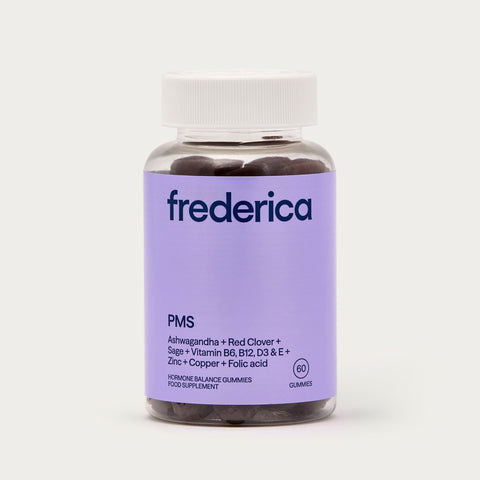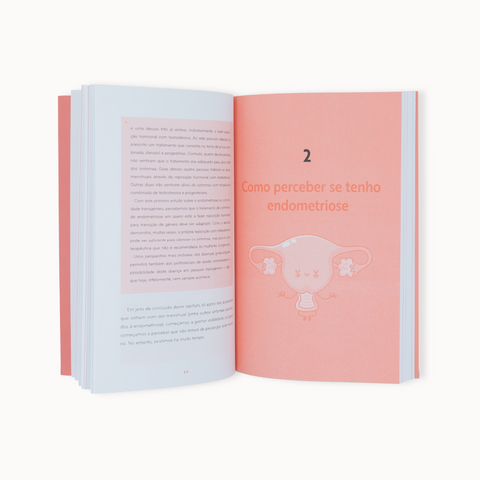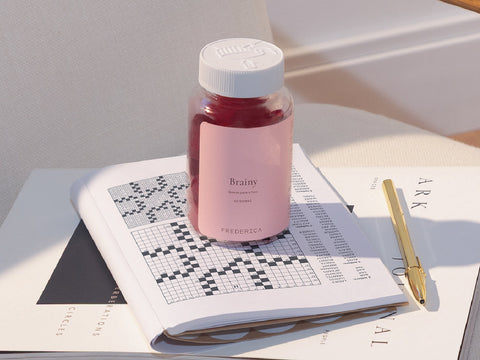When you hear the term "Premenstrual Tension" (PMS), it's very possible that its meaning has awakened a prejudice and even some tension in you. This term instills in women, from a very young age, the belief that they will "be tense before menstruation." This belief, consequently, becomes a reality in your body, as you will quickly send a seizure order to your cells .
So, imagine if all women learned, from a very young age, that the "T" actually stands for "Time," and that time (as some say) is actually "Time to Meditate"?
THE EXPLANATION
We women begin to feel more still, withdrawn, or even strange in the days leading up to menstruation, because our bodies and our set of feminine psychic processes require stillness and withdrawal to biologically process everything the body needs, allowing us to observe what we experience emotionally during the 28-day cycle that is ending.
We are cyclical and experience different phases within the menstrual cycle, just like the moon. We are several women throughout the month, yes!—This is real and biologically proven, and also emotionally perceptible.
"Time to Meditate" brings us powerful insights , opens our intuition, and tells us, through our mood, which behavioral characteristics influenced the cycle that is ending. This way, we can be vigilant not to repeat them in the new cycle, which will begin on the first day of menstruation.
For example: if you tend to be extremely irritable and impatient during your PMS, she's trying to tell you that you need to address your lack of patience and work on it. On the other hand, women who are usually very emotional and sensitive will accentuate these characteristics and become more sentimental during these times.
How to deal with it?
In addition to women, the men we live with can also be aware of these periods and phases of our cycle. Cramps, in general, are asking women to look more lovingly and lovingly at feminine issues, at having a uterus and being a woman. It's crucial to balance yin and yang (feminine/masculine) energies. More rational women tend to experience these imbalances more frequently and experience more cramps .
There's a wealth of information and readings that we women, being connected to our bodies, can do on our own, awakening our healing power and wisdom. There's also the dietary factor, which explains many PMS symptoms.
Women who meditate regularly, for example, have a moment in their practices to retreat and breathe, naturally calming their spirits throughout the cycle.
Self-knowledge, meditation, nutrition, and self-care. These four principles serve to make any human being's life flow smoothly. And, naturally, our menstrual cycle and PMS fluctuations will stabilize more easily.
Text: Kareemi | Creator of the website Emotional Gynecology




































